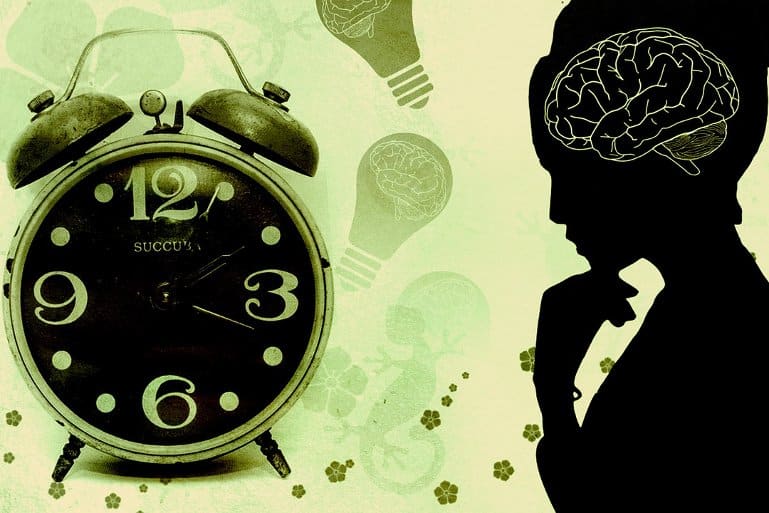Summary: During an upcoming symposium, researchers will discuss the neurobiology of time perception, how emotion shapes our perception of time, and the role of memory in anticipation.
Source: Bial Foundation
“Is that the time already?” “As I fell from the mountain, time slowed down”. Our sense of time seems to stretch or compress depending on circumstances. The session of April 9th investigates the experience of time, including how our brain tells time, the role of memory in anticipation, how our body and emotions affect our sense of time, and whether it is possible to perceive future events.
Under the theme “The mystery of time”, the 13th Symposium of the BIAL Foundation gathers some of the most prominent scientists and philosophers to engage in an interdisciplinary dialogue around the many aspects of time.
The third session, on the morning of April 9th, will focus on the experience of time. Caroline Watt (Edinburgh, UK) will moderate the lectures of Dean Buonomano (Los Angeles, USA), Chris Roe (Northampton, UK), and Jennifer Coull (Marseille, France), who will examine what it is like to feel the passage of time, how brains and bodies shape our perception of it, and how future events may affect us.
For Dean Buonomano the problem of time is particularly fundamental in neuroscience because “the brain is in a sense a time machine”.
“It tells time, attempts to predict the future, allows us to engage in mental time travel, and creates the subjective conscious feeling of temporal flow – an experience seemingly at odds with an interpretation of the laws of physics”, says the author of “Your Brain is a Time Machine”.
But Buonomano finds an important dissimilarity between the brain and the conventional clocks: “in contrast to the clocks on our wrists, which rely on the same mechanisms to tell time across this scale, the brain uses different mechanisms to tell time across scales”.

The keynote lecture of Marc Wittmann (Freiburg, DE), dedicated to the links between the self and time, will close the morning. The psychologist argues that his conceptualization allows for an understanding of everyday time experience as well as of peak experiences in altered states of consciousness (ASC).
His talk about intricate relationship between the bodily self and subjective time may help elucidate the mechanisms of successful treatment of psychiatric patients as witnessed over recent years.
Research on positive effects of meditation, floating tank exposure, and the medically controlled use of psychedelic substances on psychopathological symptoms will be addressed in Wittmann’s lecture.
The Symposium “Behind and Beyond the Brain” will be held from April 6 to 9, 2022, at Casa do Médico, Porto, Portugal. The event will be organised in a hybrid format involving both in-person and virtual participants to be accessible to a wider audience.
Registrations are open and available here.
About this time perception research news
Author: Sandra Pinto
Source: BIAL Foundation
Contact: Sandra Pinto – BIAL Foundation
Image: The image is in the public domain
Original Research: The findings will be presented at the 13th Symposium of the BIAL Foundation






